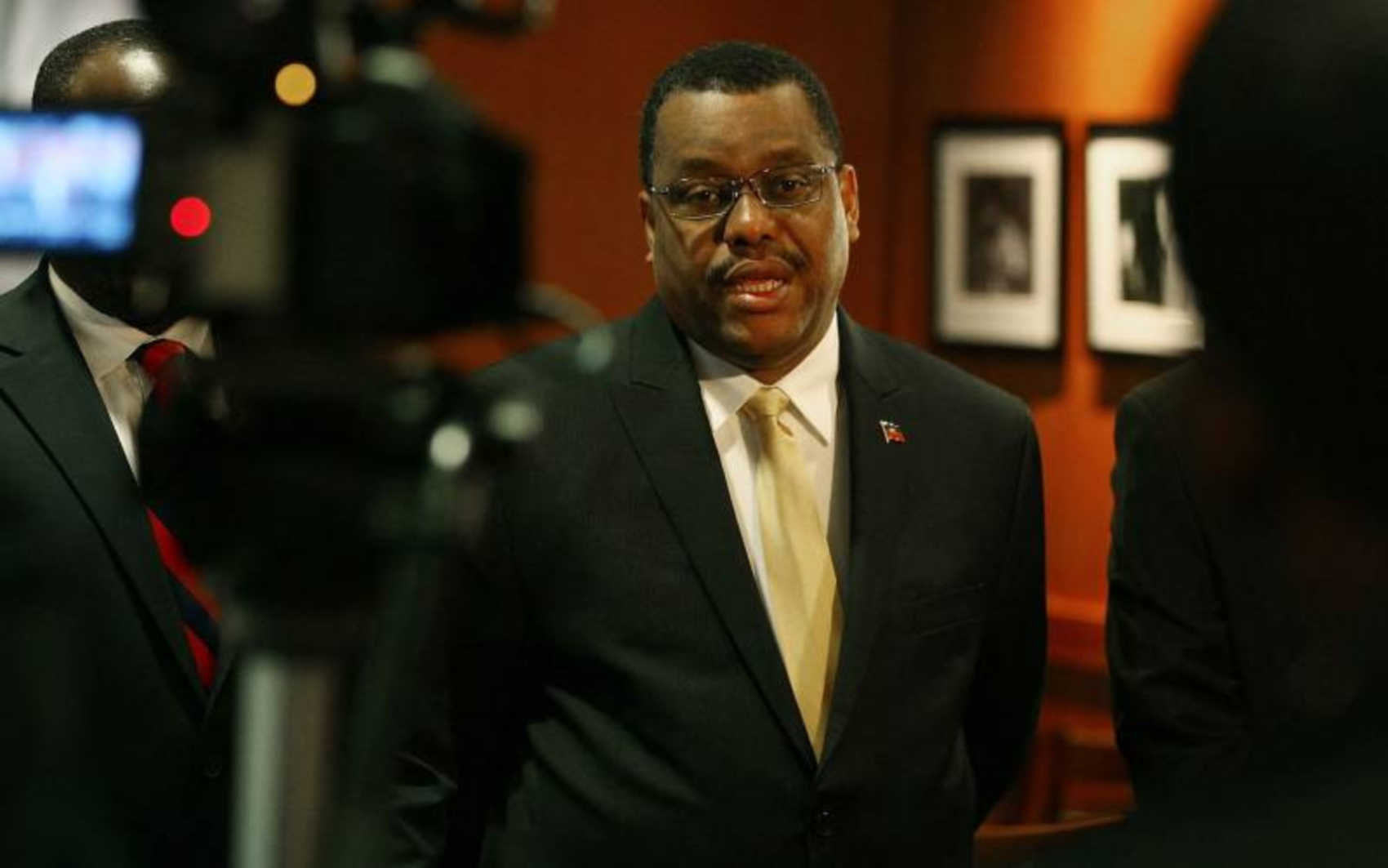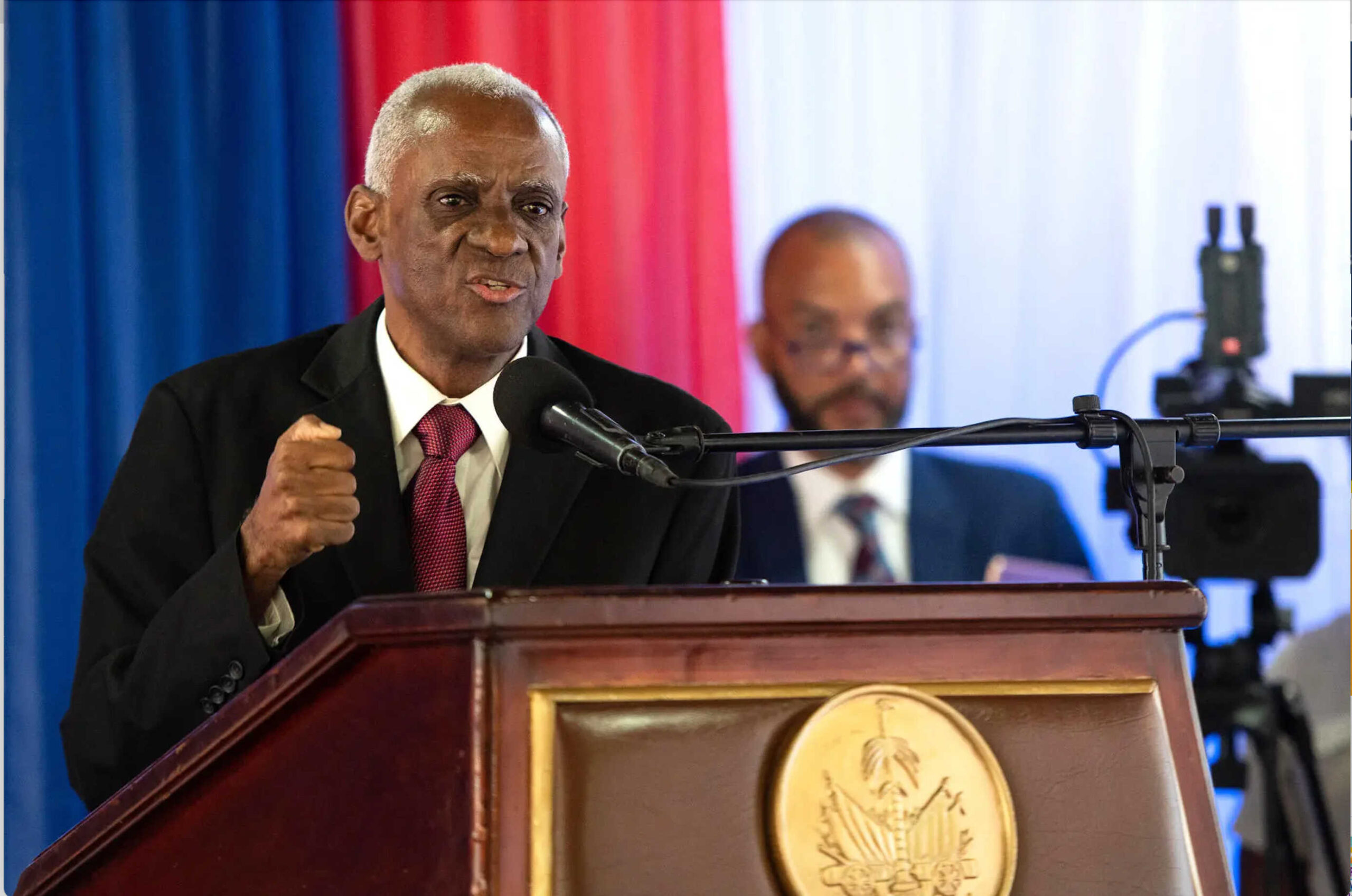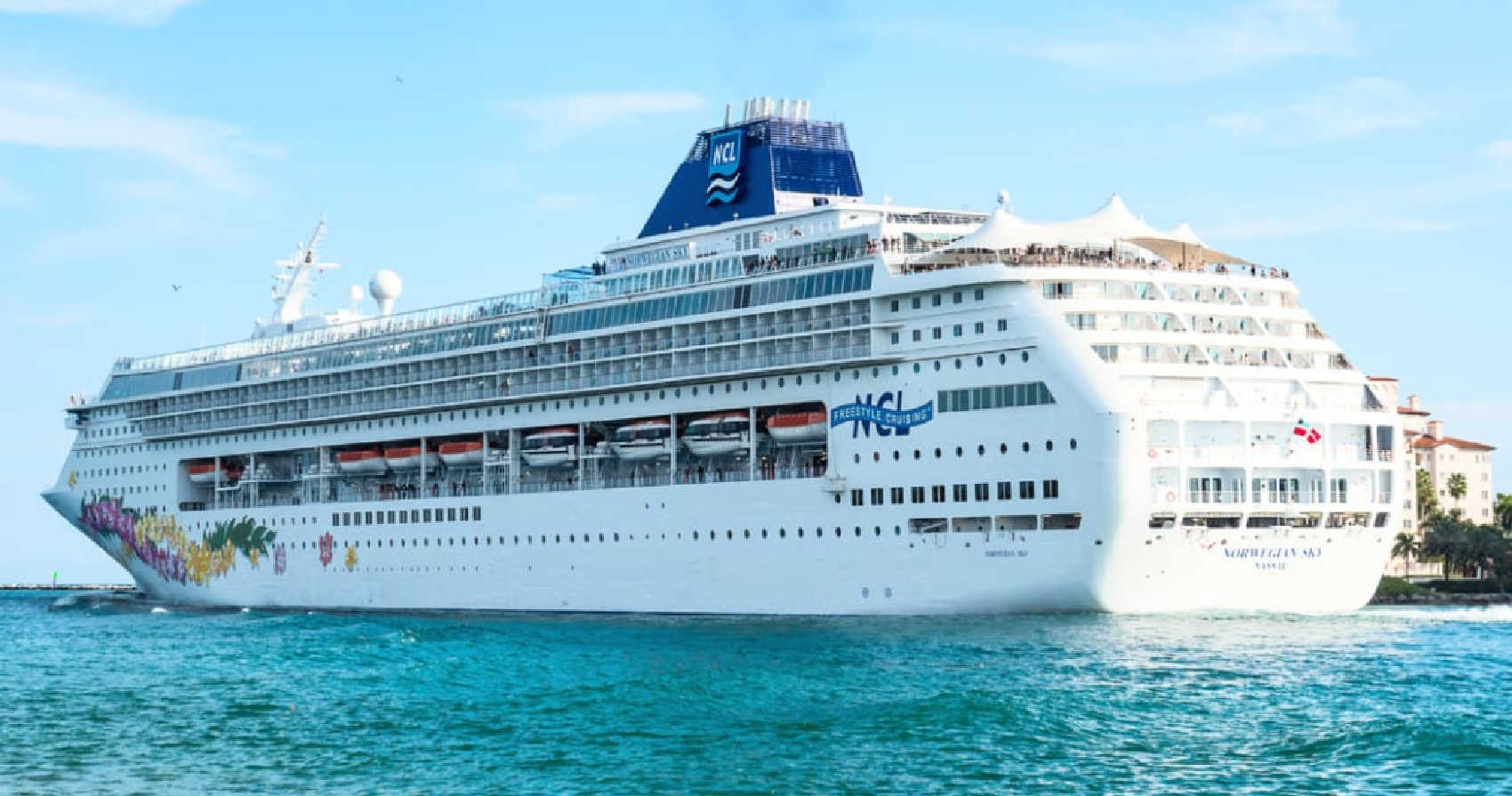Caribbean
BVI Electricity Corporation Introduces Solar Program to Cut Energy Costs by Half

The BVI Electricity Corporation (BVIEC) has initiated a groundbreaking solar initiative, the Solar Technology Energy Program (STEP), announced by Communication and Works Minister Kye Rymer. This new program is poised to significantly reduce electricity costs, potentially saving consumers up to 50%.
For years, the British Virgin Islands have faced steep energy costs, influenced by factors like fuel and shipping expenses, similar to challenges in the U.S. Virgin Islands. “Our goal has been to find and implement strategies that reduce energy costs for the Virgin Islanders,” stated Minister Rymer during the unveiling of the STEP initiative.
Under this program, BVIEC will not only purchase but also install solar power generation systems on residential properties at no cost to the homeowners. These systems will connect to the grid, enabling residents to feed surplus electricity back to BVIEC and receive credits in return.
To assess public interest in STEP, BVIEC has launched an online survey available exclusively to residential homeowners. This initiative comes after last year’s energy consumption surge, which led BVIEC to implement power rationing. By enhancing residential solar capacity, the STEP program aims to prevent future demand-driven power shortages and stabilize the region’s energy supply.
Caribbean
Haiti Appoints Garry Conille as Interim Prime Minister Amid Escalating Crisis

Haiti’s Transitional Council has appointed development specialist Garry Conille as the new interim prime minister, following the controversial selection and subsequent removal of Fritz Bélizaire. The decision comes amid increasing political turmoil and widespread violence in the nation.
The initial appointment of Bélizaire was met with significant backlash, with critics accusing the council of disregarding its own selection procedures. In response to these concerns, the council restarted the selection process, ultimately choosing Conille to assume the role.
Garry Conille, previously the regional director for UNICEF in Latin America and the Caribbean, brings experience to the prime ministership, having briefly served in the position from October 2011 to May 2012 under then-President Michel Martelly. His prior tenure ended due to an investigation into government officials holding dual nationality, which is prohibited by Haiti’s constitution.
Conille steps into his role at a critical juncture, as violence from armed groups surges and state forces struggle to maintain order. One of his immediate challenges will be the delayed deployment of a Kenya-led security force intended to bolster the Haitian National Police. Originally scheduled for this week, the deployment has been postponed by at least three weeks due to incomplete preparations, including the construction of necessary bases and provision of essential equipment for the 200 personnel.
Beyond addressing security concerns, Conille faces the daunting task of reviving Haiti’s economy, which is suffering from severe inflation and the disruption of internal trade routes controlled by armed groups.
The Montana Accord, a civil society organization with representation on the transitional council, has criticized the council for its lack of transparency and slow progress in addressing the country’s deteriorating situation. They accuse the leadership group of failing to take meaningful steps towards stabilization, while the population continues to suffer and gangs expand their control.
UNICEF confirmed that Conille would be stepping down from his role as regional director, but he has yet to make any public statements regarding his new appointment.
Caribbean
Fritz Bélizaire Named Interim Prime Minister of Haiti by Transitional Council

Fritz Bélizaire has been designated as Haiti’s new interim Prime Minister by the nation’s transitional council, a pivotal move aimed at steering the country toward fresh elections and restoring democratic governance. The announcement came on Tuesday, positioning Mr. Bélizaire as the successor to Michel Patrick Boisvert, who temporarily filled the role during former Prime Minister Ariel Henry’s international engagements.
Complications arose when Mr. Henry found himself unable to return to Haiti, leading to his resignation and the installation of Mr. Boisvert as the acting head of government. This situation prompted the formation of a transitional council tasked with charting a course forward for the nation.
The decision to appoint Mr. Bélizaire was not unanimous among the council members, with four endorsing him and three expressing reservations due to their unfamiliarity with his previous roles. Mr. Bélizaire served as the Minister of Sports under President René Préval from 2006 to 2011, a tenure that, according to Robert Fatton, a Haitian politics analyst at the University of Virginia, left him relatively unknown in political circles. Dr. Fatton suggested that Mr. Bélizaire’s low profile might actually facilitate broader acceptance as Prime Minister, offering a potential advantage in his new role.
Edgard Leblanc Fils, the president of the transitional council, affirmed the selection, emphasizing that Mr. Bélizaire represents a unifying figure capable of transcending political divides and fostering consensus. “This is a very good choice for Prime Minister,” Mr. Fils remarked. He highlighted the council’s commitment to overcoming internal conflicts and advancing toward stability and electoral processes.
The transitional council aims to stabilize the nation sufficiently to conduct elections by February 2026, at which point their mandate concludes.
Caribbean
Multiple Passengers Vanish During Cruise Ship Visits to BVI, Sparking Immigration Fears

The British Virgin Islands government is actively seeking information on the whereabouts of a Colombian woman who vanished after disembarking from a cruise ship, escalating concerns over potential illegal immigration. Monica Marcela Pineda, a passenger on the Norwegian Sky, failed to reboard the ship following its stop in the territory last Sunday, according to a government bulletin. Authorities confirmed that Pineda neither left the territory by other legal routes nor returned to the departing cruise ship.
This incident is not isolated. Recent weeks have seen similar disappearances involving passengers from the same vessel. On April 19, another port call by the Norwegian Sky saw two more passengers, Pascal Bosman from the Netherlands and Martire Cabrera, a Dominican Republic national with a St. Kitts & Nevis passport, also fail to return to the ship in Tortola without any record of them leaving the BVI by alternative means.
Further, on March 10, three Colombians—Jean Carlo Ospina Cano, Pamela Mesa Escobar, and Yesica Yogana Marin Ramirez—similarly disappeared after the Norwegian Sky docked in March. None of these individuals have been seen since disembarking.
The recurring disappearances of these five individuals during various visits by the Norwegian Sky in recent months have heightened concerns about illegal immigration in the British Virgin Islands. Authorities are urging the public to provide any information that could help address these incidents and ensure the integrity of the territory’s borders.
-

 Education1 year ago
Education1 year agoEducation Board Seeks Input on Schools Through Comprehensive Survey
-

 Education2 years ago
Education2 years agoCTE Board Enthusiastic About New Curriculum Standards, Yet Anxious Over Apprenticeship Support
-

 Crime2 years ago
Crime2 years agoRegistered Sex Offender Detained for Illegal Firearm Possession During Annual Surveillance Drive
-

 Development1 year ago
Development1 year agoCosts Surge as Donoe Estates Housing Project Resumes with New Contractor
-

 Videos3 years ago
Videos3 years ago2022 Gubernatorial Election: Voters Speak Out
-

 Videos3 years ago
Videos3 years agoGubernatorial Teams Celebrate St. Croix’s Bull & Bread Day
-

 Videos3 years ago
Videos3 years agoWakanda’s Female Might: A Dive into ‘Black Panther: Wakanda Forever’
-

 Crime2 years ago
Crime2 years agoSt. John’s Westin Resort Scene of Armed Robbery, Prompting Heightened Police Vigilance




